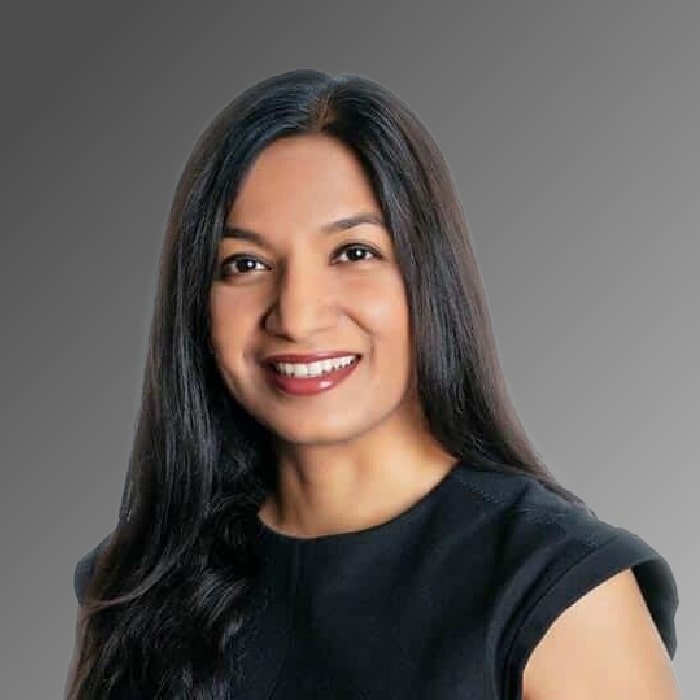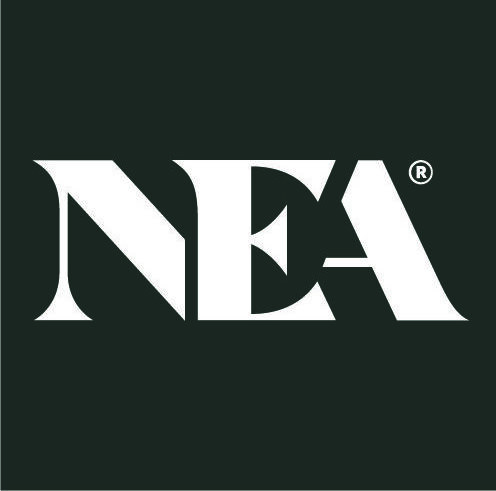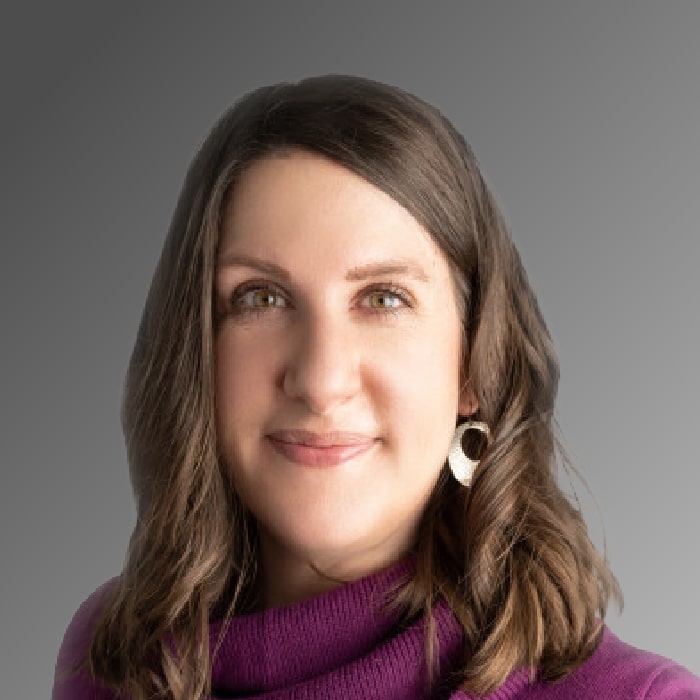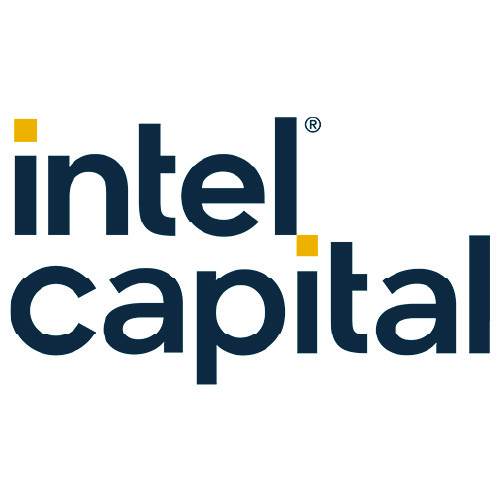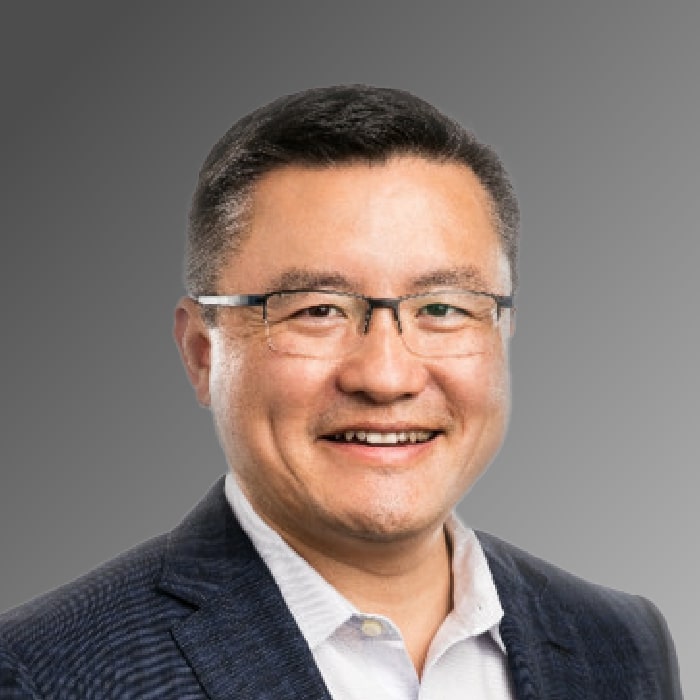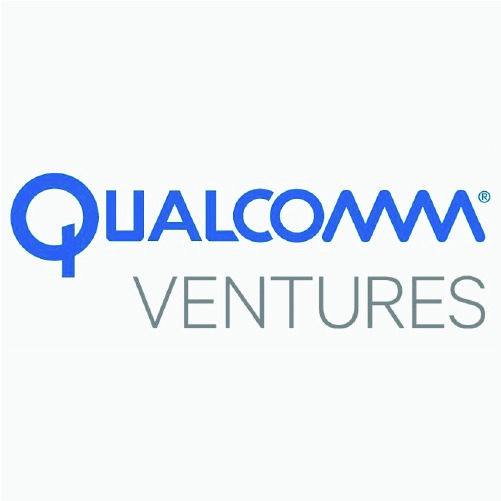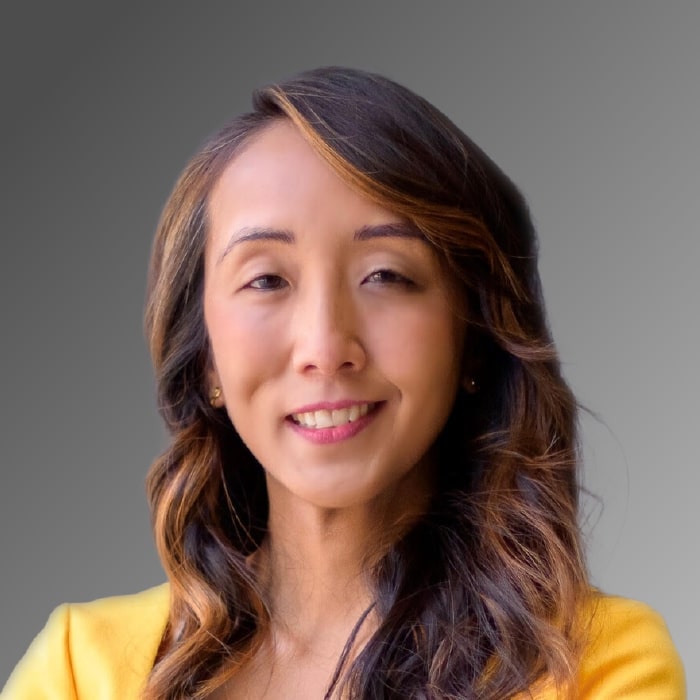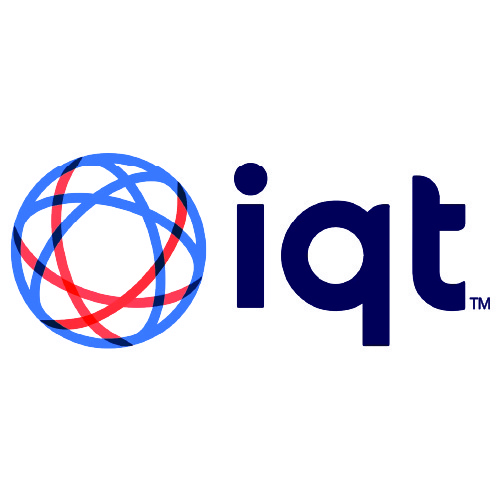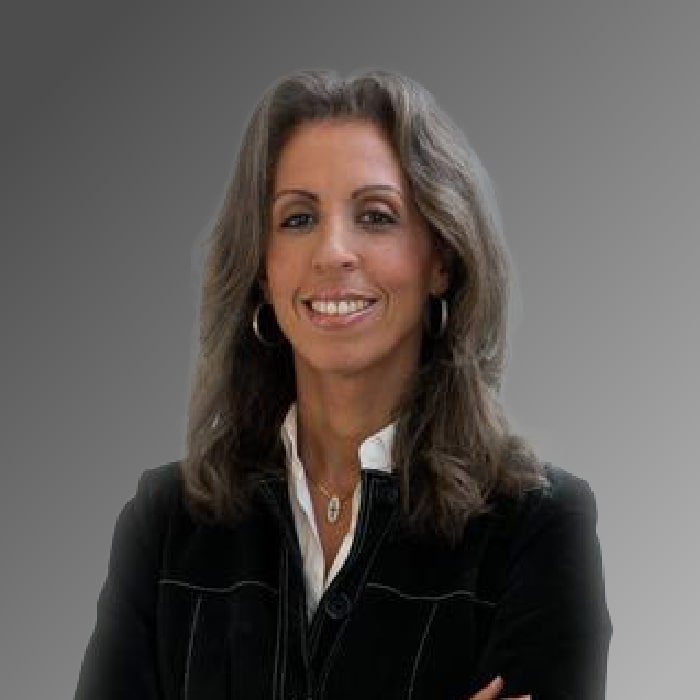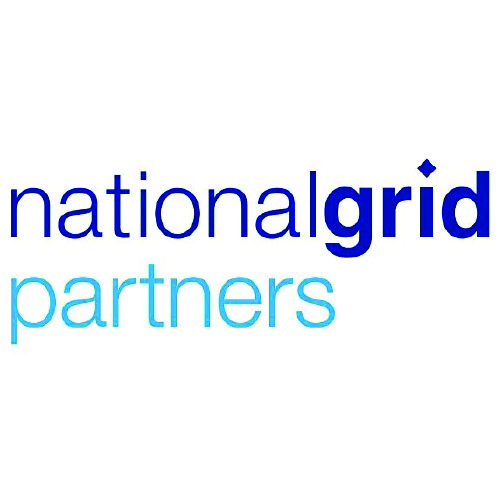General Partner Gopinath’s Product Insights Drive B Capital’s Investment Returns
May 13, 2024
Interviewed by Nicolas Sauvage on July 11, 2021
Working on a product launch and a few graduate-level classes in finance were all it took for Rashmi Gopinath to shift gears on a career in engineering to pursue a path in corporate venture capital. The B Capital Group general partner joined TDK Ventures President Nicolas Sauvage on Corporate Venturing Insider to discuss her investment philosophy and her journey.
Engineering a Career
Rashmi is an engineer by training and began her ascent up the corporate ladder with jobs in product development at GE Healthcare and Oracle.
“I wasn’t based in the Bay Area.” Rashmi said. “I started my engineering career in India. And then when I moved to the US. I was in Salt Lake City initially and then in Chicago. And I had zero exposure to startups and venture capital during that time.
Some of her early assignments focused on database DevOps and analytics products for healthcare platforms and data interoperability.
“At GE, we were in the process of launching a new product, and I was getting pulled into a lot of discussions around pricing, packaging, and marketing to help accelerate a product roadmap,” Rashmi said. “I would say many of those business concepts I was still getting up to speed on, I figured that a business school degree would help accelerate the learning that I needed to be successful in those roles.”
She attended the Northwestern University Kellogg School of Management part-time while keeping her full-time job at GE. Grad school gave her her first exposure to investments in entrepreneurship and provided her with a different perspective from many corporate venture capital leaders.
“When I took my first few finance and investment courses, I came in as a sponge, trying to learn things that I knew nothing about and figure out what it means,” she said. “It really opened my eyes. This is exciting; I can mix in the technical background with the finance, business, and go-to-market side and go from inception and an idea into a massive company. I’ve always been passionate about tech, software, and new ideas. We’re all very fortunate to work with extremely smart founders and entrepreneurs who truly can change the world.”
Internships with a Boston-based growth equity firm and a private equity investment fund in Chicago allowed her to focus her product and engineering capabilities on investments in deep tech.
Grounded in the Product
While it may not be a requirement for all investors in all fields, Rashmi’s understanding of the products, markets, and technology behind startup companies has been useful for evaluating and advising startups in the biotech, enterprise infrastructure, semiconductor, and other complex industries.
“You do have to be more technically fluent to really understand the product and the IP in a little bit more detail and build that credibility that you need with the founders,” she says. “Most of the founders in these spaces are also fairly technical themselves. And so for you to, as an investor, to build that credibility and to build the relationship,”
While there is no single approach to VC success, she puts her faith in hands-on product experience. The industry is coming around to her point of view, as software and other technical innovations drive an increasing share of startup activity and venture investing. Investment firms seek out employees and partners whose technical fluency allows investors to better assist founders in translating ideas into sustainable, scalable businesses.
That foundation aids investors in seeking positive returns through pattern matching, which Rashmi acknowledges also has drawbacks.
“Pattern matching is a blessing when you’ve invested enough in a space or a category that you recognize what a great team and a great execution looks like from a product standpoint if it has these characteristics,” she explained. “That’s especially true early in the seed to C stages where a lot of the product market fit is getting proven out and there aren’t enough financial metrics to (benchmark) the company against.”
Going against the grain, on the other hand, can pay off tremendously, she said, and investors wedded to pattern matching may miss those opportunities.
“You can miss out on things that don’t fit that pattern, but could be big,” she said. “You generate those outsized returns when you take some of those contrarian bets when you are backing a company that you have a deep conviction in because the product is exceptional or because you know the team is going to execute exceptionally. When others don’t see it, you continue to double down and bet on those companies, and when they have those massive exits, then your (triumph).”
From Point A to Point B
A stint evaluating investment opportunities in the cloud, SaaS, and cybersecurity at Intel Capital provided Rashmi with insights into what startups need to grow and flourish; it also highlighted her lack of startup operational experience.
“We can all advise companies behind closed doors on what they need to do, but I observed that the investors who came from an operating background were able to offer more realistic hands-on feedback to the company,” she realized. “They built that trusted relationship with the founders because they had been in their shoes. So after about two and a half years at Intel Capital, I decided to get some operating experience and ended up joining one of my own portfolio companies.”
With that company, BlueData, which before it was acquired, operated in the cloud infrastructure space, had several responsibilities on the market side: product marketing, business development, partnership building, etc., as well as funding.
She moved to Couchbase to lead global business development and gain the experience she needed to empathize with and counsel growth-stage businesses and understand the assets she could provide to accelerate them from the tens of millions to hundreds of millions of ARR.
“It was great to see. How companies in the growth stage can help accelerate (a portfolio’s) top-line numbers without burning a lot of operating cash,” she said. “We leveraged our partner ecosystem to get that uptick in revenue numbers through third-party integrations.”
She moved on to a managing director position at M12, Microsoft’s investment fund, where “we made 15 or 16 investments in our first two years,” she said. “Our focus was on the earlier stages, so we did anything from seed to series B.”
Starting a fund that funds startups enabled Rashmi to establish M12’s personality and direction, she said.
“It’s always great to start from a blank sheet of paper and color it the way you want to color it,” she said. “We were bringing together best practices of all the different places that we’d been. We had people from Qualcomm Ventures, and we had people who came from more traditional institutional venture funds. We had folks that came in from corporate, development, and operating backgrounds.”
Mobilizing Plan B
Though she was not looking to leave M12, Rashmi could not ignore an inquiry from B Capital. Among all the feelers she received mostly from traditional VC funds, she was intrigued by B Capital’s established corporate partnership with Boston Consulting Group.
“It’s fine to say ‘yes, we have a partnership,’ but how much of that is real,?” she wanted to know before she made the leap. “How active BCG is with the portfolio companies? How have they moved the needle in terms of getting that top-line growth? They lend extra credibility through thought leadership, joint events, and leveraging their strategic consulting experience on research topics that could be interesting for our portfolio companies. That sets us apart.”
As an institutional fund, B Capital is a multi-stage venture, thanks to the recent launch of an early-stage fund to complement the original growth-state component.
“I primarily focus on the C stage up to pre-IPO rounds,” Rashmi said. “I continue to invest in the same spaces that I covered at Microsoft. I invest across horizontal enterprise spaces: cloud, cyber, DevOps, AI, and SaaS. We have a global presence, so that’s a common thread running between my time at Intel and Microsoft.”
On the broader level, she leads B Capital’s enterprise software investment practice and global enterprise software investments.
“That was interesting and a little bit different than with traditional institutional investors where you have regional teams,” she noted. “We have a partnership across sectors and geographies. I would still lead a cyber deal whether it is in Asia, Europe, or another region, so being able to leverage a global platform and cover a sector from a global perspective was quite exciting.”
She said working at an institutional VC obviates the need for corporate approval that some motherships insist on.
“At M12 there were certain swim lanes that were created not because Microsoft instructed us to do it but because of the nature of the business that Microsoft is in,” Rashmi said. “If a company directly competes with what Microsoft is doing, we would shy away because it wasn’t clear how Microsoft can add value. One of the investments that I ended up doing at B Capital was in a company providing an AI platform that democratizes access to AI and ML platforms. I tried to do it twice through Microsoft but could never get it done because the management team was concerned about direct competitive overlaps with what Azure was doing.”
While she enjoys the autonomy that comes with working for a financial VC, she misses the access to technical diligence and the entree that CVCs can supply.
“I could just ping one of the product teams at Microsoft, and in most cases, they would’ve either used this startup product already, or they’d be able to take like a quick demo and tell us how good or bad the product was,” she elaborated. “M12 was a new entrant in the CVC space, but this is where we would cheat and drop the Microsoft name whenever we wanted to win a competitive deal.”

 Establishing quick proof points between the startup and the investor is an important bedrock of a long-term relationship.
Establishing quick proof points between the startup and the investor is an important bedrock of a long-term relationship. 